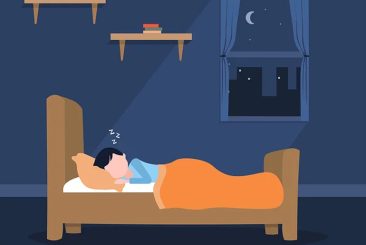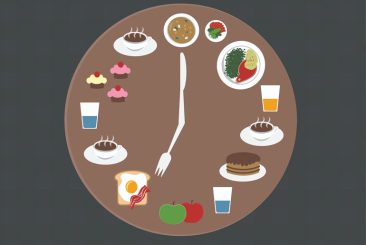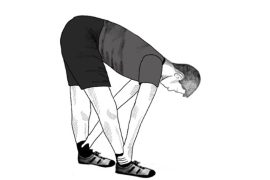Maintaining healthy nutrition habits is crucial for overall well-being and can positively impact sleep patterns. A balanced diet contributes to better sleep quality, ensuring 7-9 hours of rest each night. Key nutrition tips include limiting sugar intake to 25 grams per day for women and 36 grams per day for men, as excessive sugar can disrupt sleep. It’s essential to moderate alcohol consumption, recognizing its detrimental effects on health. Avoiding afternoon coffee and opting for a refreshing nature walk instead promotes restful sleep. Additionally, consuming dinner at least two hours before bedtime allows the body ample time to digest food, further enhancing the quality of sleep. The connection between sleep patterns and a healthy diet is indeed well-established. Proper nutrition can have a significant impact on the quality of your sleep, and it’s important for overall health and well-being.
Here are some key points:
1. Sleep Duration:

Getting 7-9 hours of sleep per night is generally recommended for most adults. Inadequate sleep can lead to various health issues, including reduced cognitive function, mood disturbances, and an increased risk of chronic diseases.
2. Nutrition Strategies:

Dietitian Samantha Cassetty suggests certain nutrition strategies to improve sleep quality. These strategies can include dietary changes that promote better sleep.
3. Sugar Intake:

Keeping your sugar intake within recommended limits is crucial for sleep and overall health. For women, it’s advised to limit daily sugar intake to around 25 grams, while for men, the recommended limit is approximately 36 grams. Excessive sugar consumption can lead to energy fluctuations and may disrupt your sleep.
4. Alcohol Consumption:

Excessive alcohol consumption can indeed have a negative impact on sleep. It can disrupt sleep patterns, leading to less restorative and fragmented sleep. It’s a good idea to limit alcohol intake, especially in the hours leading up to bedtime.
5. Caffeine Intake:

Avoiding caffeine in the afternoon is a wise choice for many people. Caffeine is a stimulant that can interfere with your ability to fall asleep and stay asleep. Replacing an afternoon coffee break with a walk in nature or some fresh air is a healthy alternative.
6. Dinner Timing:

Eating dinner at least two hours before bedtime is recommended. A heavy or large meal too close to bedtime can lead to discomfort and digestive issues that may interfere with sleep. Having a lighter meal earlier in the evening allows your body more time to digest the food.
In summary, maintaining a balanced and nutritious diet, managing sugar and caffeine intake, limiting alcohol consumption, and timing your meals appropriately can all contribute to better sleep patterns and overall well-being. It’s essential to remember that individual responses to diet and lifestyle changes can vary, so it’s a good idea to consult with a healthcare professional or registered dietitian for personalized advice on improving your sleep through nutrition.
Disclaimer:
The information contained in this article is for educational and informational purposes only and is not intended as a health advice. We would ask you to consult a qualified professional or medical expert to gain additional knowledge before you choose to consume any product or perform any exercise.









